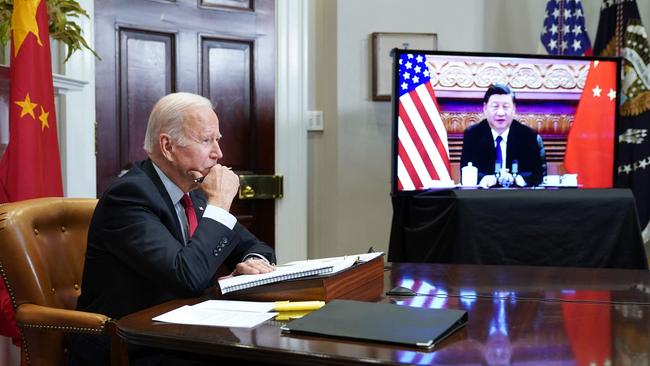
It prospered mightily but it didn’t open up. Engagement did not work. Xi Jinping is dominating a China that now is openly hostile to the core principles of free trade and liberal political governance. It has reversed even the modest political reforms put in place by Deng Xiaoping. It has suppressed even the tentative experiments with the rule of law dating back to the reform and opening era. It is openly seeking hegemony and its ambitions are not welcome around the region. We are far from alone.
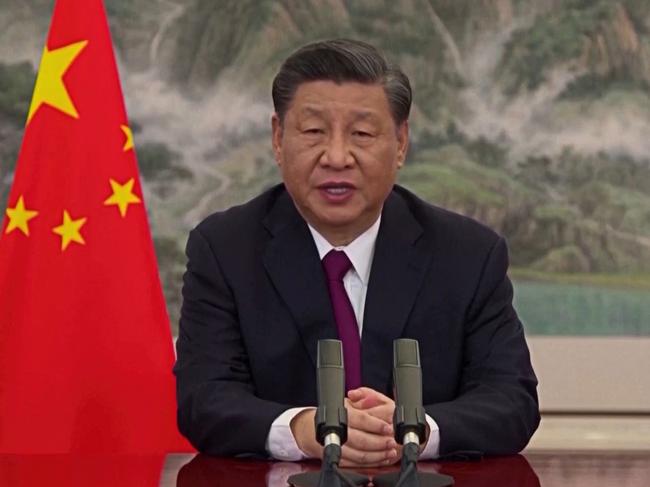
We must take this on board, Friedberg concludes, and coalesce to constrain the hubris of Xi and the anti-liberalism of the regime he heads. We cannot, he comments, “afford to wallow in solipsism and self-doubt”.
There were preliminary signs under the outgoing federal government and at the Quadrilateral Security Dialogue summit last week in Tokyo that this is happening. There is a long, long way to go. But there’s no doubt about those in this country who still have the strange idea that we are the ones who have caused the problem in relations with Beijing and should pull our heads in.
On May 26, a group of 15 Australian academics had an open letter published on John Menadue’s platform, Pearls and Irritations. It was addressed to Anthony Albanese as the new Prime Minister and Penny Wong as the new Foreign Minister. It politely suggested the change in government “presents the opportunity for a circuit-breaker in the poor diplomatic relations that have developed between Australia and China in the recent past”.
The signatories all, in one way or another, work on things to do with China. Their letter was published concurrently in English by the Xinhua News Agency, the primary press organ of the Chinese Communist Party.
These are academics, it seems, who have better access in Beijing than ministers in the outgoing federal government who couldn’t even get phone calls returned during the past two years, to say nothing of having an open letter published by Xinhua.
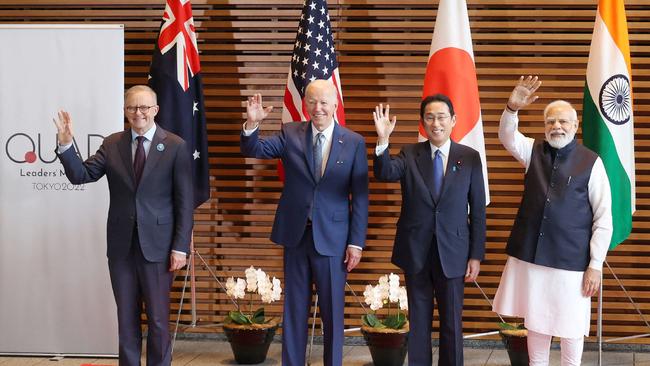
They “acknowledge that the new government is likely to avoid the over-aggressive approach of its predecessor. In our view less public aggression is likely to be more effective in dealing with China: international engagement should replace the language of war.”
Have they not been paying any attention to the rhetoric coming out of Beijing? Do they believe its behaviour towards its neighbours has been all about “engagement” in the Xi era? What are they smoking?
The final paragraph of their open letter sounds superficially all sweet reason and light: “The growth of China as a significant regional and would-be global power is bound to be disruptive. Two-way communication, not ‘megaphone diplomacy’, is needed so that the changing environment is managed as effectively as possible. In particular, a China policy informed as much by diplomatic and economic interests as by great power strategic concerns may well and more sustainably ensure Australia’s national and economic security. While appreciating the tremendous difficulties ahead we urge this adjustment in approach to China.”
When you phrase things that way, who could disagree? It is, as they say in the US, like praising motherhood and apple pie.
Let’s be clear that we and the OECD as a whole, at every point for 30 or 40 years, have sought to do exactly what these academics urge we do now.
The sea change in perceptions that occurred during the past decade was not due to some mindless outburst of intemperate rhetoric on the part of Scott Morrison or Peter Dutton. It is something that took place for perfectly objective reasons and across the world. In case these good people with their gentle concerns haven’t noticed, trust in and respect for China have plummeted on Xi’s watch in the US, South Korea, Sweden, Spain, France, Canada, Italy, Japan, Germany, The Netherlands, Britain and more recently New Zealand, as well as in Australia. The notion that we have somehow lost the plot or gone out on a limb is pure nonsense.
The reality is that the West, broadly defined and thus including the democratic states of Asia, gambled on China opening up and has realised that the Communist Party is not for turning but for overturning the liberal order, as witnessed by its treatment of Hong Kong. Time has come to take it on and overturn its pretensions. And make no mistake; as Friedberg expresses it, the Chinese Communist Party “wants nothing more than to avoid an open ideological rivalry with the West; or rather, to be precise, it wants nothing more than to discourage the United States and its partners from engaging it forcefully and explicitly on ideological grounds”.
But that’s where we must now go, and for the long haul. Megaphone diplomacy? Call it what you will, comrade academics, it’s game on and it’s a game we have to win. Certainly that will require every ounce of deftness, resilience, patience and strategic adroitness we can collectively muster. There are signs that Albanese and Wong both understand this.
Paul Monk was head of the China desk in the Defence Intelligence Organisation in the mid-1990s. He is the author of Thunder From the Silent Zone: Rethinking China (2005), The West in a Nutshell (2009) and Dictators and Dangerous Ideas (2018), among other books.



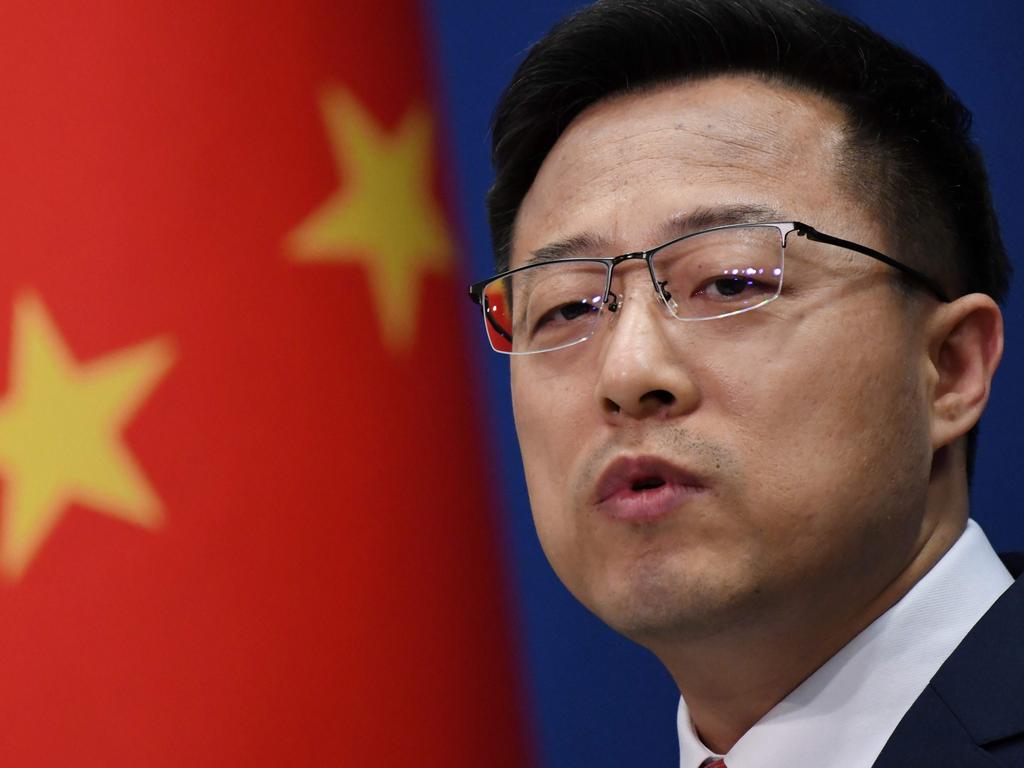

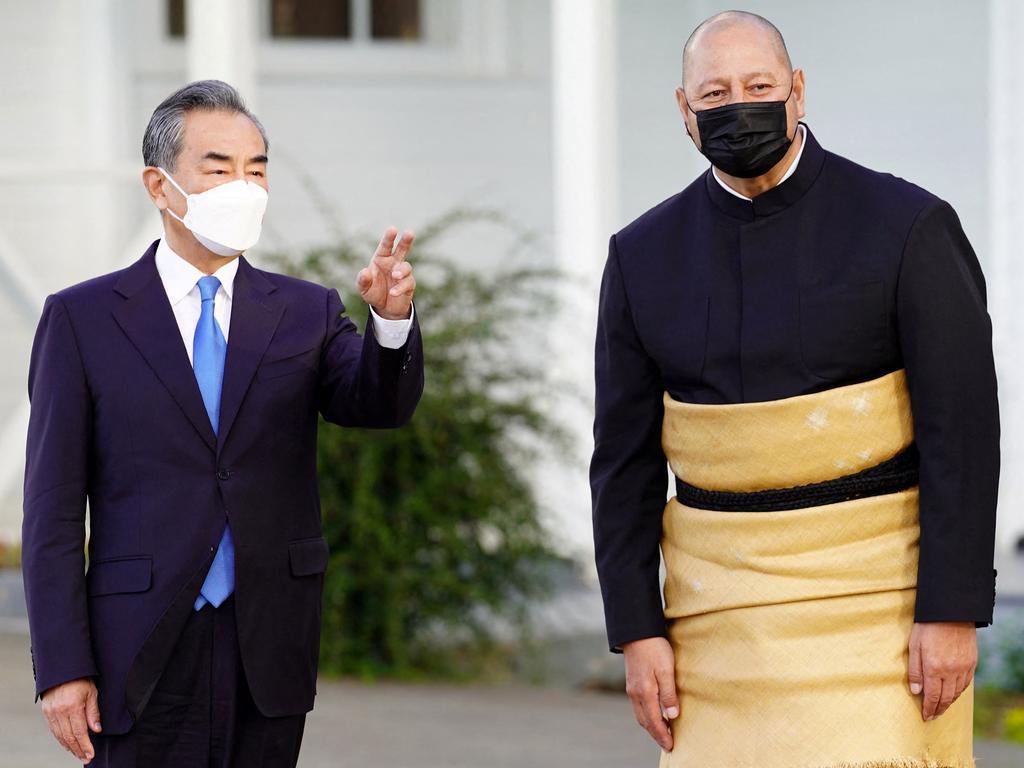


During the past 30 years and more – as Aaron Friedberg argues cogently in his newly published tour de force, Getting China Wrong – the OECD, led by the US, bent over backwards to engage with China. The expectation was that China, if admitted to the liberal international order and the World Trade Organisation, would prosper and open up economically and politically.